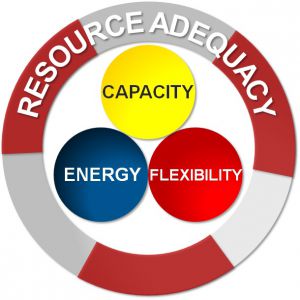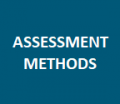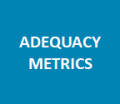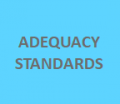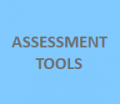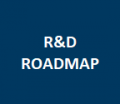Welcome to Resource Adequacy Assessment Resource Center
What is Resource Adequacy?
Resource adequacy (RA) is an assessment of whether the current or projected resource mix is sufficient to meet capacity and energy needs for a particular grid. The resource mix refers to the mix of supply-side generation, such as solar or nuclear paired with energy storage, and demand-side flexibility, such as demand response and energy efficiency. RA assessments are used to identify potential shortfalls in the availability of resources across different time frames, from long-term planning (5 to 20+ years) to seasonal and day-ahead assessments. As the RA look-ahead time approaches real-time operations, options to address identified shortfalls become fewer and more expensive.
Reliability is considered to have two main components, one of which is adequacy. Security, also referred to as deliverability, is the other component of reliability that ensures the network facilitates power flow and maintains stability after disturbances.
The purpose of this site is to bring together information to help those trying to assess adequacy in this context. It draws on a wide range of work that EPRI and the industry has conducted in response to the challenge of the emerging grid. We welcome your feedback on how to make this increasingly useful to support you and your decisions.
Resource Center Layout
This resource center focuses on basic RA concepts, methods and metrics and more application focused topics such as study tool choices and methods to assess the impact of certain technology classes. Each of the links below brings you to a dedicated section to each issue facing practitioners when conducting adequacy studies.
